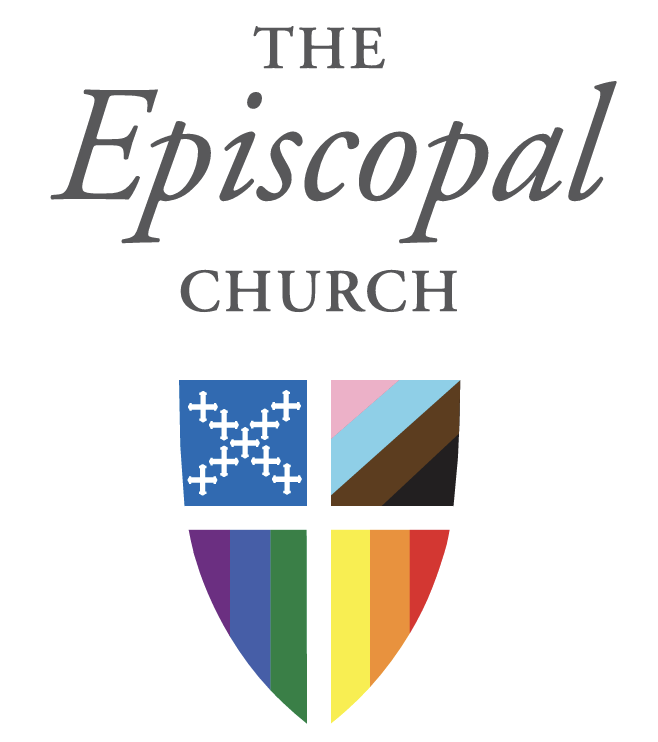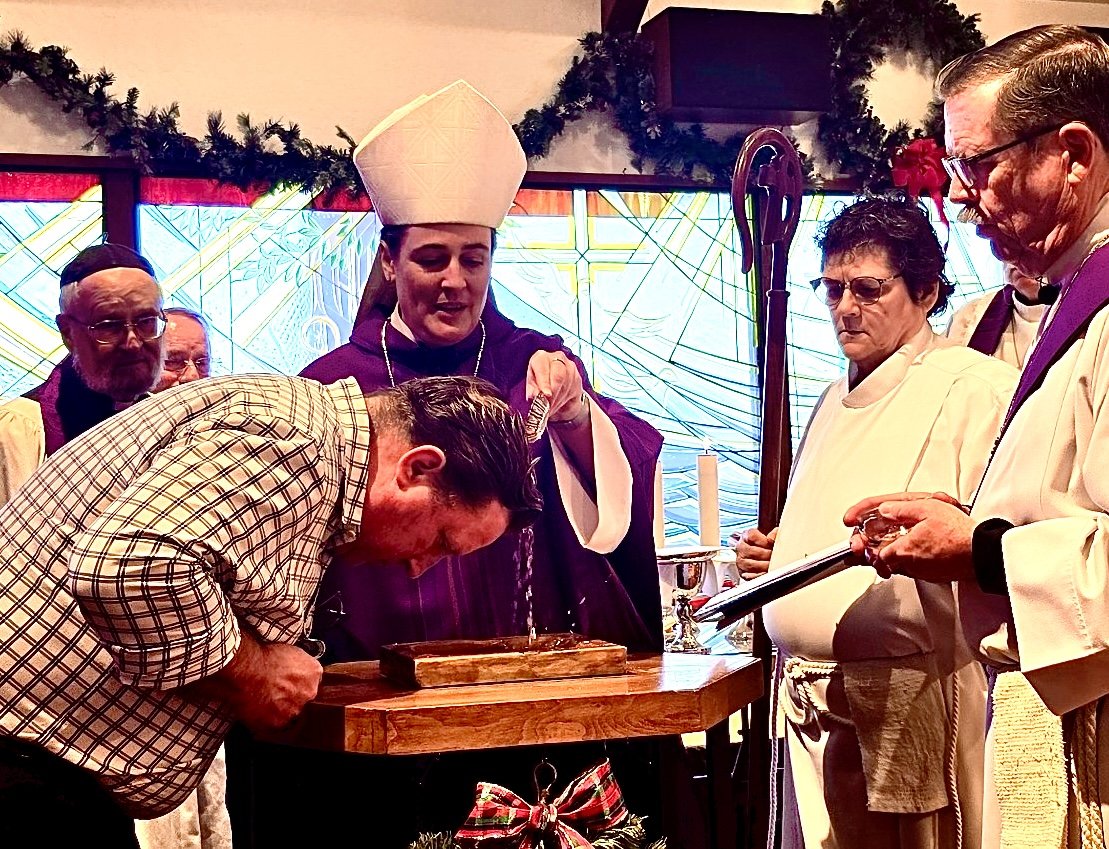
The Episcopal Church of
St. John the Baptist
A Welcoming and Affirming Parish in the Episcopal Diocese of Arizona
Welcome - Worship - Connect - Serve
Holy Eucharist Sundays at 8 and 10:15 a.m.
4102 W. Union Hills Dr.
Glendale, AZ 85308
Mailing address: PO Box 10307
You are welcome in this place! Come as you are!
Wherever you are in your faith journey, you are welcome at St. John’s! We are a welcoming and affirming parish! God loves you for who you are, and we love you, too!
Worship With Us!
The Holy Eucharist is the source and summit of our worship week! We invite you to celebrate with us, and to share the Body and Blood of Christ.
Sunday services are at 8 and 10:15 a.m.
Testimonials
Arianna P.
“Please know my family loves what you and others at St. John's are doing. If people asked me where to go to church, I would direct them to St. John’s in a heartbeat.”
Robin B.
"You’re doing good things, you’re giving my kids a safe space to grow up however they may choose to grow up!”
Charles L.
“Saint John’s is the best church that I have ever attended! I am so grateful to call Saint John’s my home.”
Randy L.
“I went today for my first time everyone was very welcoming and helpful. I really appreciate the time I had today can't wait for next Sunday!!”
Pat M.
“This Church and its People have come to mean so much to Mickie and me. We have received so much more than we have given. It is a blessing to our lives and to our faith. Thank you all!”

We Welcome You
Come visit us! We share the love of God with everyone we meet! (And we’re not afraid to have a little fun doing it!)



